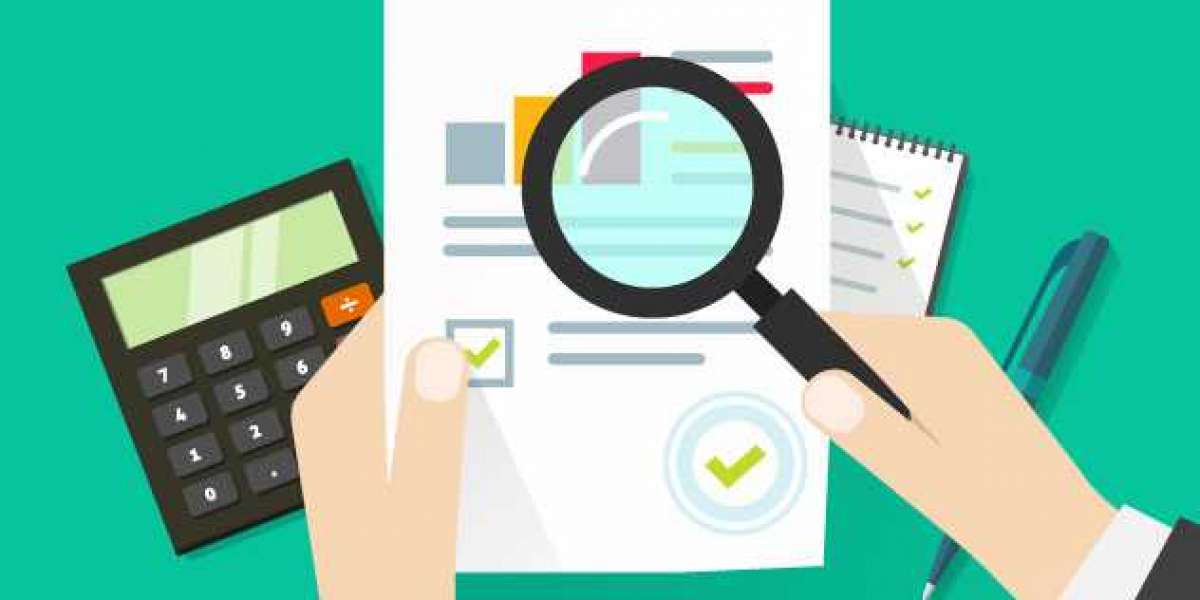Introduction
In today's competitive business landscape, quality, safety, and compliance are paramount for sustained success. The International Electrotechnical Commission (IEC) has emerged as a global standard bearer for ensuring the reliability and safety of electronic and electrical technologies. IEC verification plays a pivotal role in establishing trust, meeting regulatory requirements, and enhancing market access for businesses across various industries.
Understanding IEC Verification
IEC verification is a rigorous process that involves testing and assessing products against internationally recognized standards set by the IEC. This verification process is conducted to ensure that products meet specific safety, performance, and quality requirements. IEC standards encompass a wide range of sectors, including energy, electronics, telecommunications, and more. By adhering to these standards, businesses can elevate their reputation, mitigate risks, and gain a competitive edge.
Benefits for Businesses
Enhanced Credibility and Trust: IEC verification lends credibility to a business by demonstrating its commitment to producing high-quality, safe, and compliant products. This builds trust with consumers, partners, and regulatory bodies, fostering long-term relationships and brand loyalty.
Global Market Access: IEC standards are widely recognized and adopted across the globe. Achieving IEC verification opens doors to international markets by eliminating trade barriers related to safety and quality compliance. This expanded market access can lead to increased sales and growth opportunities.
Risk Mitigation: Non-compliance with industry standards can lead to costly product recalls, legal challenges, and reputational damage. IEC verification helps businesses identify and address potential issues before they escalate, reducing the risk of adverse events and safeguarding their bottom line.
Innovation Encouragement: Adhering to IEC standards encourages businesses to innovate while prioritizing safety and quality. It creates an environment where companies continually strive to improve their products, driving industry advancements.
Efficient Regulatory Compliance: Many regulatory bodies incorporate IEC standards into their requirements. By obtaining IEC verification, businesses can streamline the process of complying with diverse regional and national regulations.
Operational Excellence: IEC verification necessitates thorough testing and evaluation processes. Businesses can leverage the insights gained from these processes to enhance their internal quality control and operational procedures.
IEC Verification Process
The IEC verification process involves several key steps:
Selecting Appropriate Standards: Determine the relevant IEC standards that apply to your product or industry. These standards outline specific requirements and testing procedures.
Testing and Evaluation: Products undergo rigorous testing to ensure they meet the specified standards. This may include performance, safety, and durability tests conducted by accredited laboratories.
Documentation Review: Comprehensive documentation, including test reports and technical specifications, is submitted for review. This documentation demonstrates compliance with the applicable IEC standards.
Factory Inspection (if required): In some cases, a factory inspection may be necessary to assess the manufacturing process and ensure consistency in product quality.
Issuance of Verification Certificate: Upon successful completion of testing and evaluation, businesses receive an IEC verification certificate. This certificate serves as tangible proof of compliance and can be shared with customers, partners, and regulatory authorities.
Ongoing Compliance: IEC verification is not a one-time process. Businesses must maintain their commitment to quality and safety to retain their verification status. Regular audits and retesting may be required.
Conclusion
IEC verification is a strategic investment that yields tangible benefits for businesses operating in today's competitive marketplace. By aligning with internationally recognized standards, businesses can establish credibility, expand their market reach, and ensure their products' safety and quality. Beyond compliance, IEC verification fosters a culture of innovation, risk mitigation, and operational excellence. As industries continue to evolve, embracing IEC verification will remain a pivotal step in securing sustainable success for businesses around the world.





